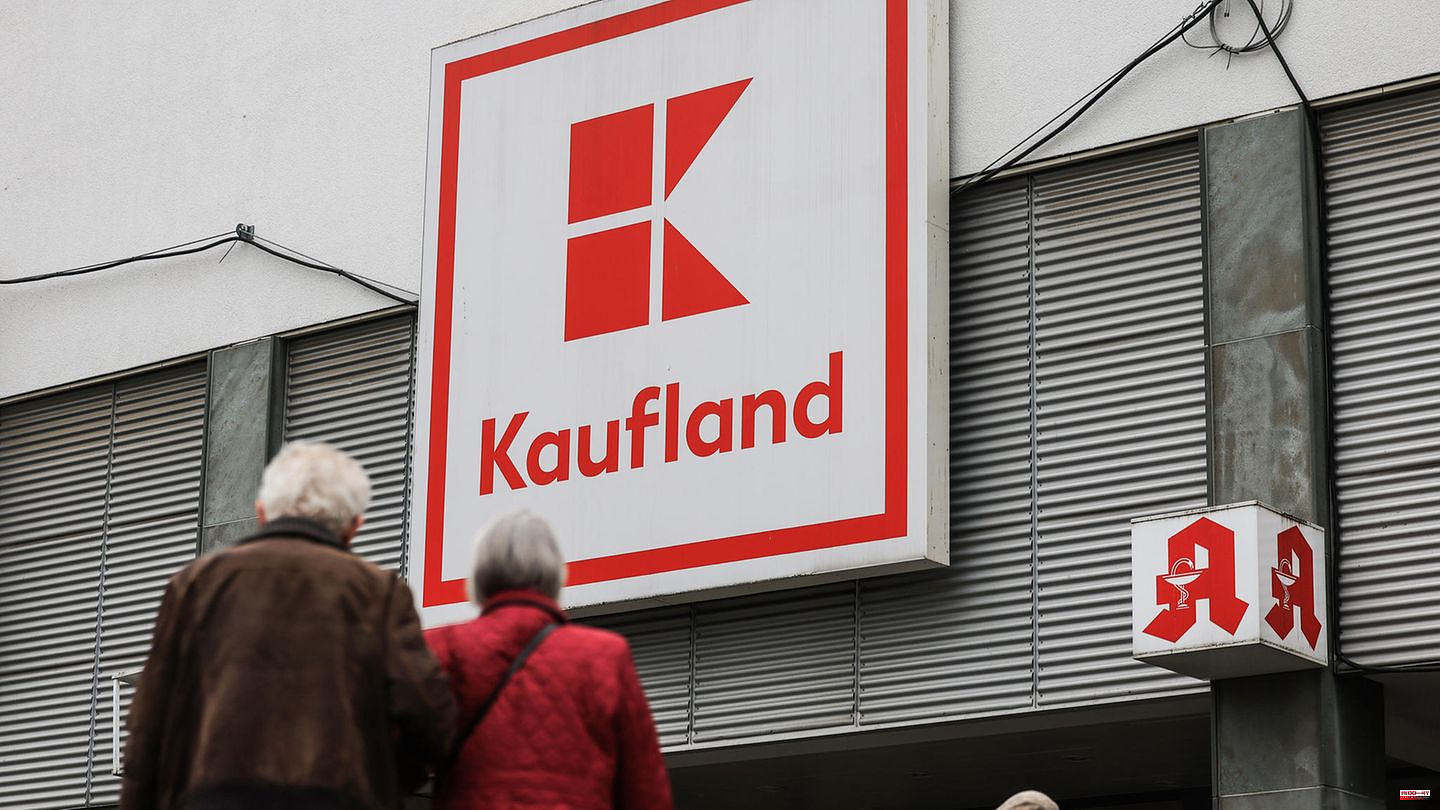The Verdi union called on retail and wholesale workers to go on warning strikes in the week before Easter. On Maundy Thursday, Verdi says it wants to take a look at the supermarket chains Lidl and Kaufland. Nationwide, strikes were called in several hundred companies in the Schwarz Group, to which the two chains belong, as a Verdi spokesman announced. Branches and warehouses are affected, among other things. But warning strikes could also occur at other trading companies. In previous weeks of action, Edeka and Rewe had already gone on strike.
The industrial action has so far resulted in a few empty shelves, but as a rule there have been no store closures. The collective bargaining manager of the German Trade Association (HDE), Steven Haarke, does not expect the strike to have any noticeable impact on customers. “Trading companies have proven in recent months that they can handle strikes well,” he said. The industry had prepared well for Easter business and had already proven before Christmas that it could cope with strikes.
A Kaufland spokeswoman said about the warning strikes: "The branches are open normally and deliveries are being made. Consumers can shop as usual." Lidl was not immediately available for a statement. The Thursday before the long Easter weekend is a particularly important sales day for retailers in Germany. The HDE expects sales of 2.2 billion euros for the entire Easter business. The result is based on a representative survey of around 1,000 consumers.
Collective bargaining for the approximately five million retail workers has made little progress for months. Even numerous warning strikes could not change the messy situation. Verdi is demanding, among other things, at least 2.50 euros more per hour in retail in all regions and a term of one year.
“As employers, we presented an offer in the first round of negotiations in Baden-Württemberg almost a year ago and improved it three more times during the further course of the collective bargaining round,” said HDE collective bargaining manager Haarke. This offer would have led to real real wage increases, especially since inflation was falling.
Recently, some trading companies, including the Schwarz Group based in Neckarsulm in Baden-Württemberg, announced that they would increase the wages of their employees. The food retailers followed a recommendation from the HDE to voluntarily increase wages before an official collective bargaining agreement and to later offset this against the collective bargaining agreement.







